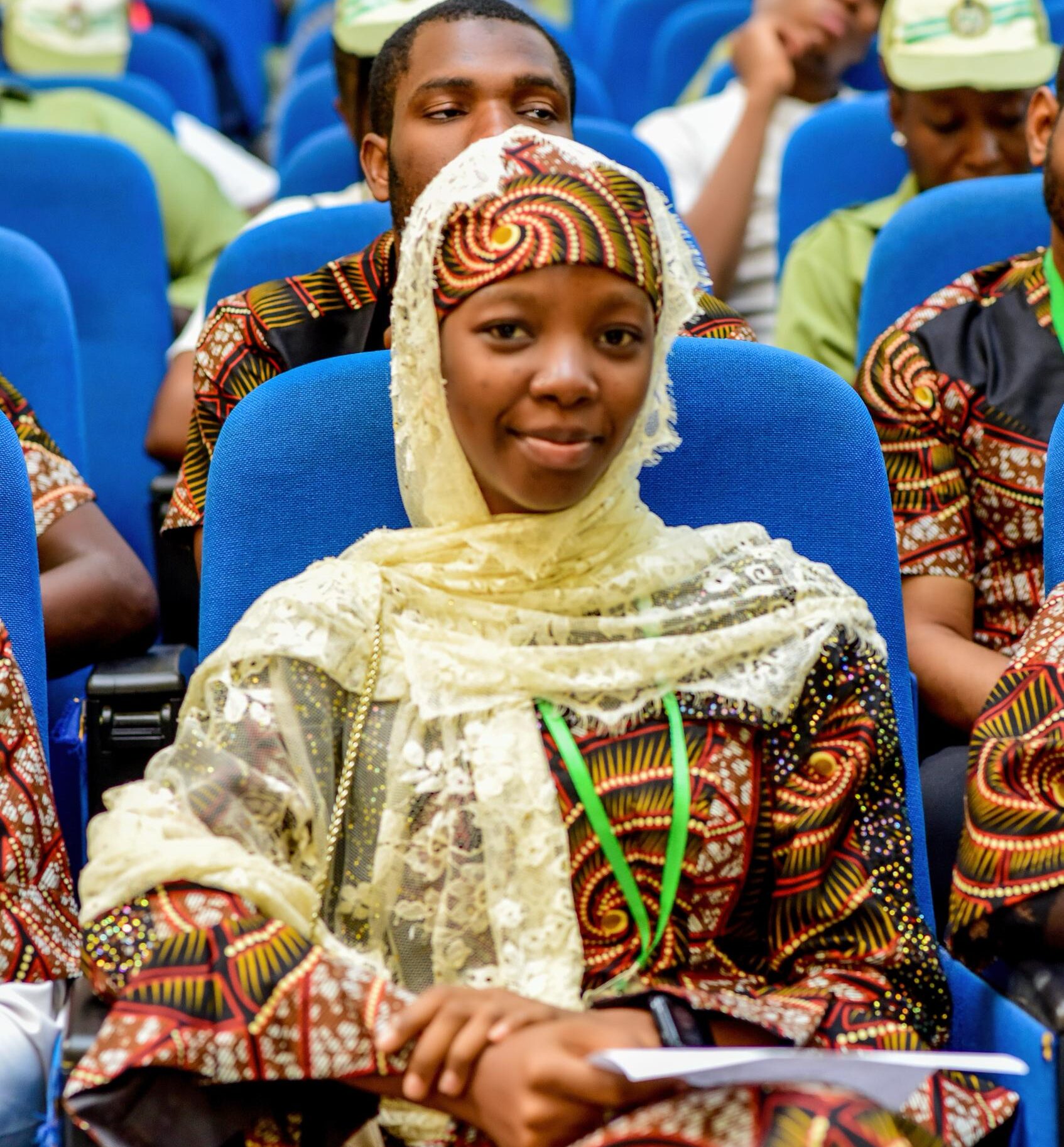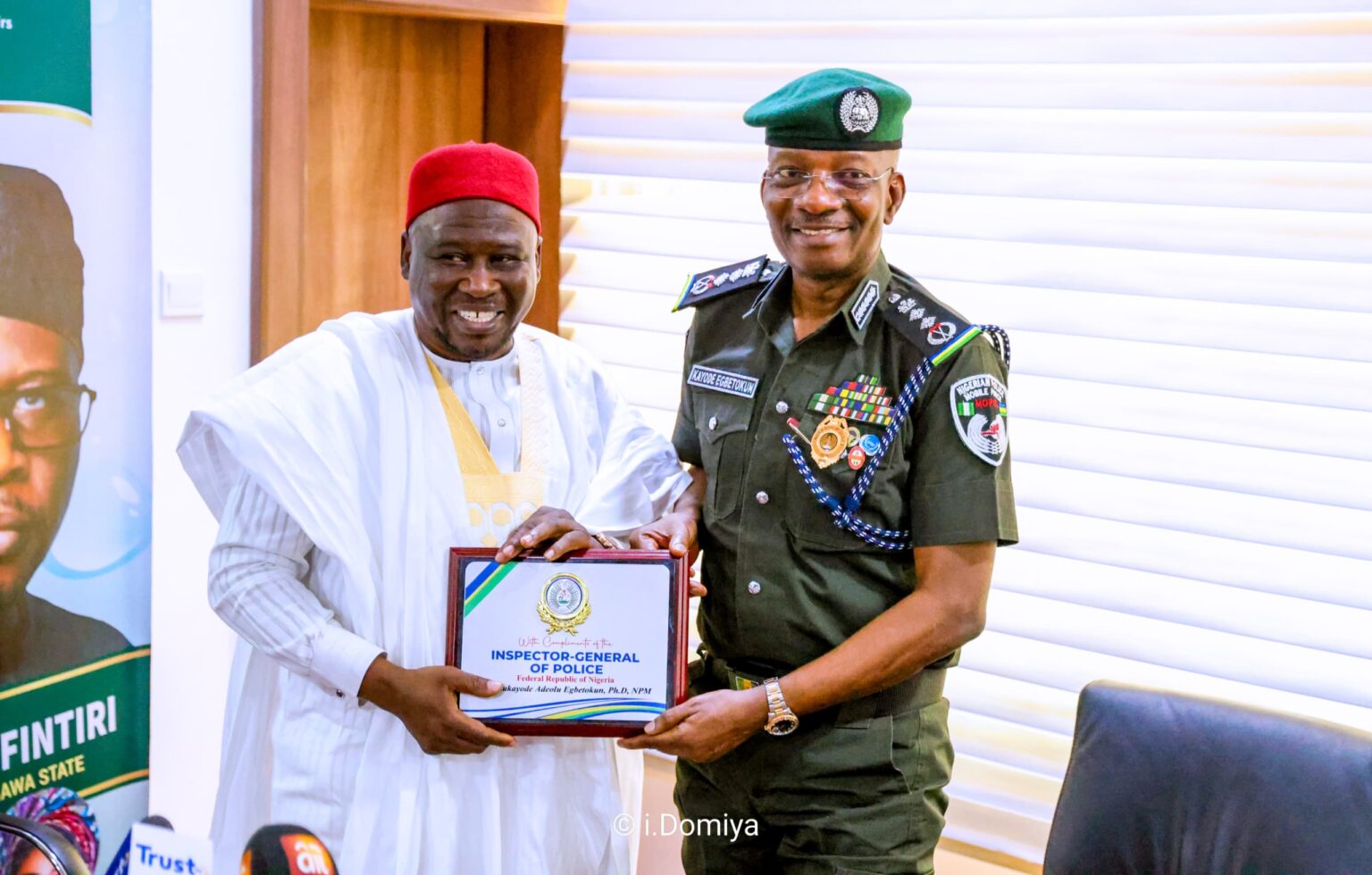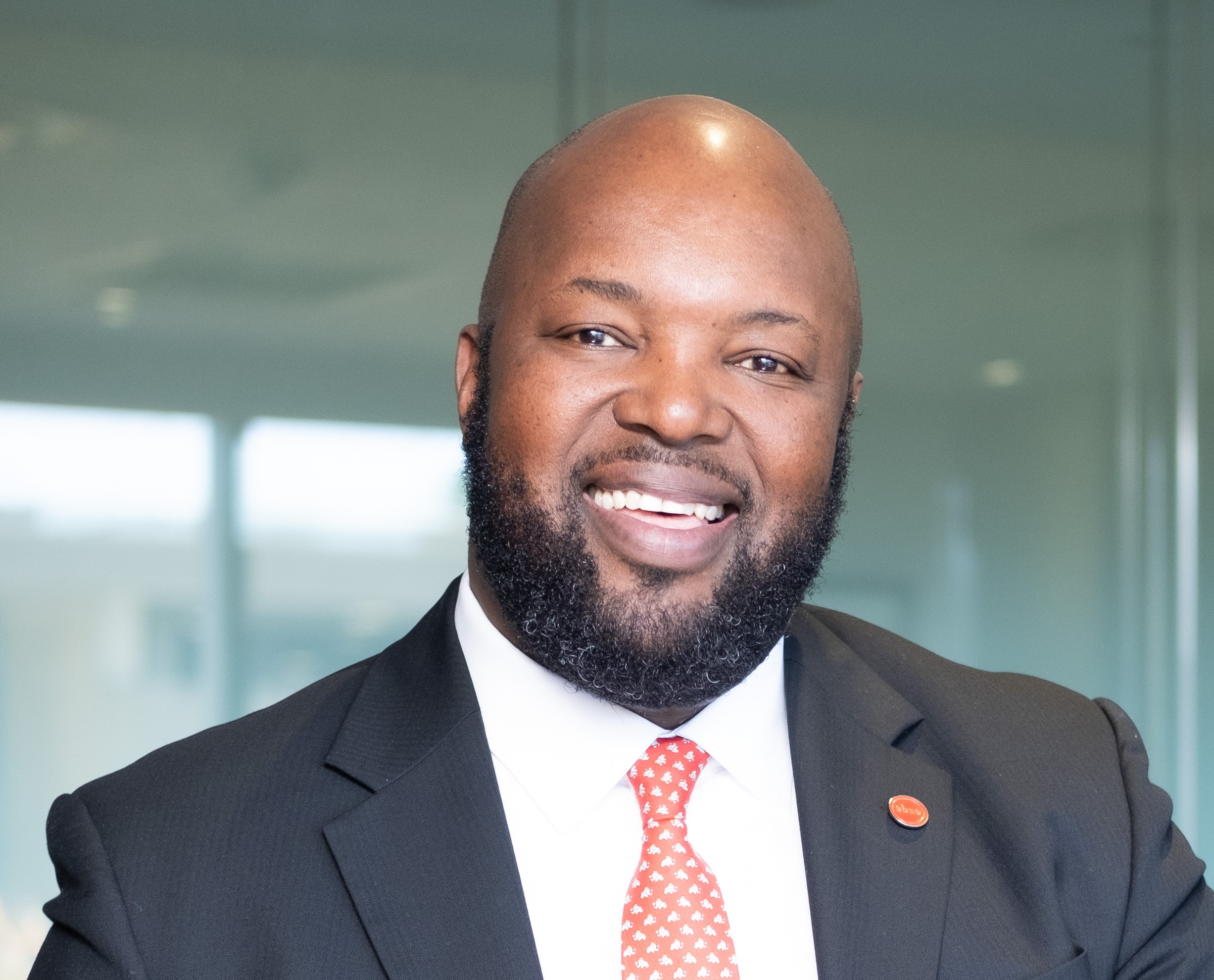
In this exclusive interview with The North Journals’ Aminu Adamu, Aisha Aminu Mohammed, the Founder and CEO of TITA Universal Service, speaks extensively on revolutionizing education through technology, the challenges of building a startup in Nigeria’s tech ecosystem, and the company’s ambitious expansion into The Gambia and Sierra Leone. She shares insights on how TITA’s innovative platforms,ranging from the widely adopted e-timetable app to digital solutions like Yangabid, Oysta, and Jupiter, are transforming learning experiences for students and educators, and her vision for shaping the future of Africa’s ed-tech landscape.
1. At just 23, you are leading a revolutionary ed-tech company. What inspired you to create TITA Universal Service, and what problem were you aiming to solve?
The inspiration behind TITA Universal Service came from my passion for leveraging technology to address challenges in education and community development. Growing up, I witnessed how limited access to quality educational tools hindered students’ potential, especially in underserved areas. I wanted to build a platform that would not only simplify educational processes but also empower students and educators to achieve more. TITA was born from this vision, aiming to bridge the gap between technology and education while fostering innovation among young people.
2. Starting a tech company in Nigeria comes with unique challenges. What were some of the biggest hurdles you faced, and how did you overcome them?
One of the biggest challenges was navigating the tech ecosystem as a young entrepreneur, especially in a country where infrastructure and funding opportunities are limited. Building credibility was also tough, as people often underestimated our potential due to our age and the fact that our team is made up of young women. We overcame these challenges by staying resilient, focusing on delivering high-quality products, and leveraging strategic partnerships to gain trust and visibility. The support from my team and our determination to succeed kept us moving forward despite the odds.
3. TITA’s e-timetable app has gained significant traction among students and lecturers. What sets it apart from other educational platforms?
The TITA e-timetable app stands out because of its simplicity, efficiency, and adaptability to the unique academic needs of tertiary institutions. Unlike other educational platforms, it was designed with direct input from both students and lecturers, ensuring that it addresses their real pain points. It not only helps manage and optimize academic schedules but also provides real-time updates and notifications. Our focus on user experience and continuous improvement has made it a valuable tool in the education sector, earning us recognition from the Nigerian Minister of Education for advancing SDG-4 (Quality Education).




4. Beyond TITA’s core application, your company has developed other digital platforms like Yangabid, Oysta, and Jupiter. What’s the driving vision behind these innovations?
The driving vision behind all our innovations is to create solutions that merge technology with everyday challenges. Yangabid is designed to combine gaming with opportunities to win valuable items, promoting excitement and engagement. Oysta addresses the need for affordable content streaming without data limitations, especially in regions with expensive internet access. Jupiter is aimed at simplifying academic administration. Each of these platforms reflects our mission to improve lives through innovative and accessible digital solutions.
5. Education in Africa still faces issues of accessibility and digital infrastructure. How is TITA working to bridge this gap for students in underserved areas?
We recognize that accessibility is a significant challenge, and that’s why we designed TITA to be lightweight and compatible with low-end devices, minimizing data consumption. We also focus on partnerships with institutions and telecommunication companies to reduce the cost of usage. Through our tita Student Entrepreneurship Seminar(tSES), we empower young entrepreneurs with skills and knowledge, encouraging innovation even in the most underserved communities. By making technology more affordable and accessible, we’re committed to democratizing education.
6. You’ve secured partnerships with institutions like Kaduna State University and international firms. How crucial have collaborations been in TITA’s growth?
Collaborations have been instrumental in our growth, as they open doors to resources, mentorship, and credibility. Partnering with educational institutions allows us to test and fine-tune our solutions while gaining valuable feedback. Working with international firms like Telos has expanded our reach and helped us integrate advanced technologies like the metaverse into our educational solutions. Building strong networks and fostering meaningful collaborations are essential to sustaining our impact and growth.
7. Entrepreneurship at a young age can be overwhelming. What keeps you motivated, and who has been your biggest influence on this journey?
My biggest motivation comes from seeing the positive impact our solutions have on people’s lives and knowing that we’re creating opportunities for young women in tech. The belief that technology can transform education and uplift communities keeps me pushing forward, no matter the challenges.
8. TITA is set to expand into The Gambia and Sierra Leone. What excites you most about this international expansion, and what are the key strategies behind it?
Expanding into The Gambia and Sierra Leone is an exciting milestone because it demonstrates that our vision resonates beyond Nigeria. I am thrilled about the opportunity to empower more young people with access to quality educational tools and entrepreneurial training. Our strategy involves building local partnerships, conducting thorough market research, and training representatives to ensure smooth adoption and sustainability. We want to create solutions that genuinely address the educational needs of each region.
9. The Helen Olegwa Nomuro Foundation is a strong pillar of TITA’s social impact. Why was it important for you to integrate philanthropy into your business model?
Philanthropy has always been close to my heart because I believe in giving back to the community that shaped me. The Helen Olegwa Nomuro Foundation was established to support education and women’s empowerment, reflecting our commitment to social impact. It’s important to me that our success as a company directly contributes to uplifting those who are less privileged, especially young girls and women who face barriers to education and economic opportunities.
10. Looking ahead, where do you see TITA Universal Service in the next five to ten years, and what legacy do you hope to build as its CEO?
In the next five to ten years, I envision TITA as a leading force in Africa’s ed-tech landscape, transforming how students learn and how institutions manage education. Our goal is to be a household name synonymous with innovation, accessibility, and empowerment. I want my legacy to reflect a commitment to youth-driven technological advancement and the creation of opportunities for women in tech. Ultimately, I hope to inspire young people to pursue their dreams, regardless of the challenges they face.









